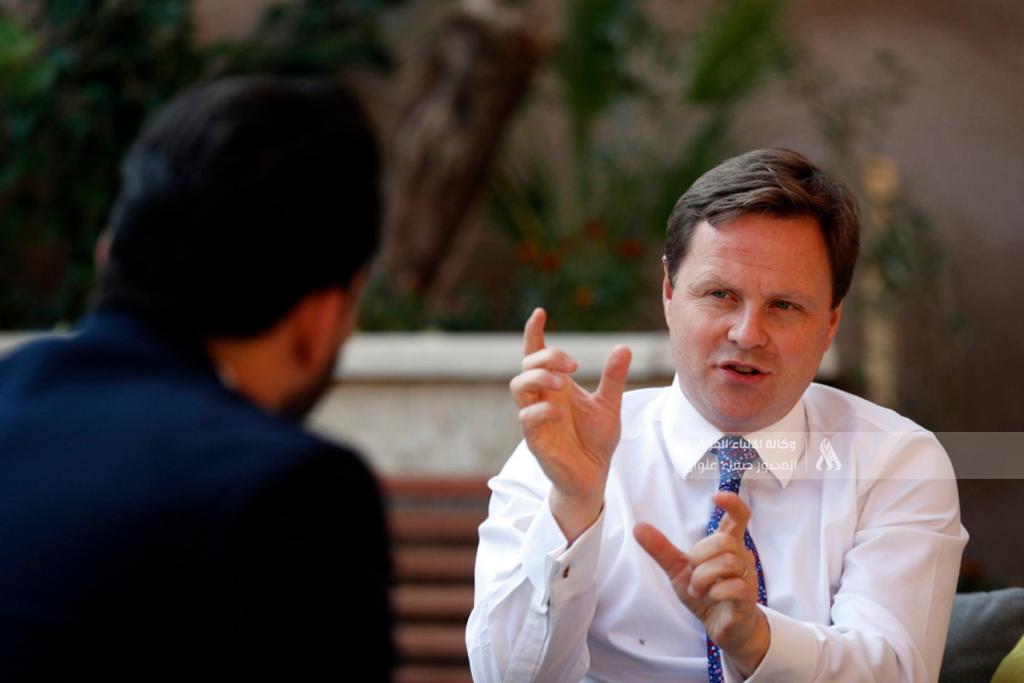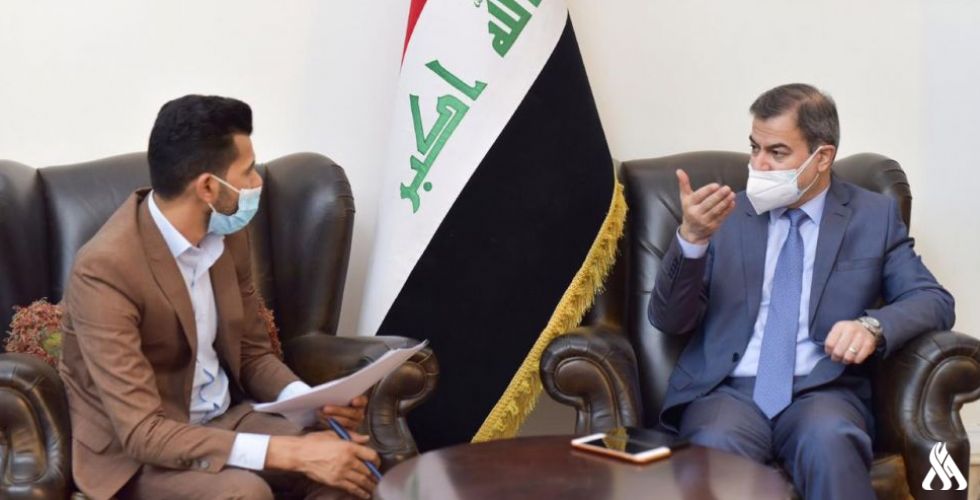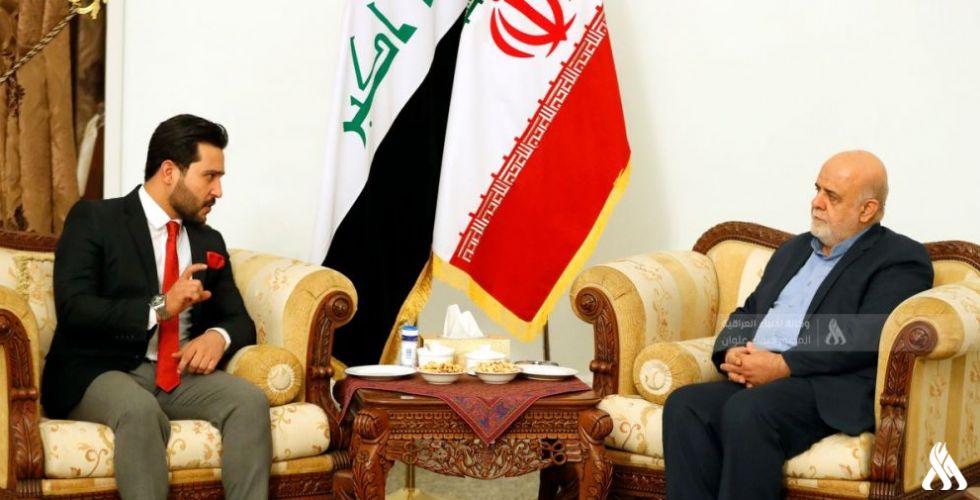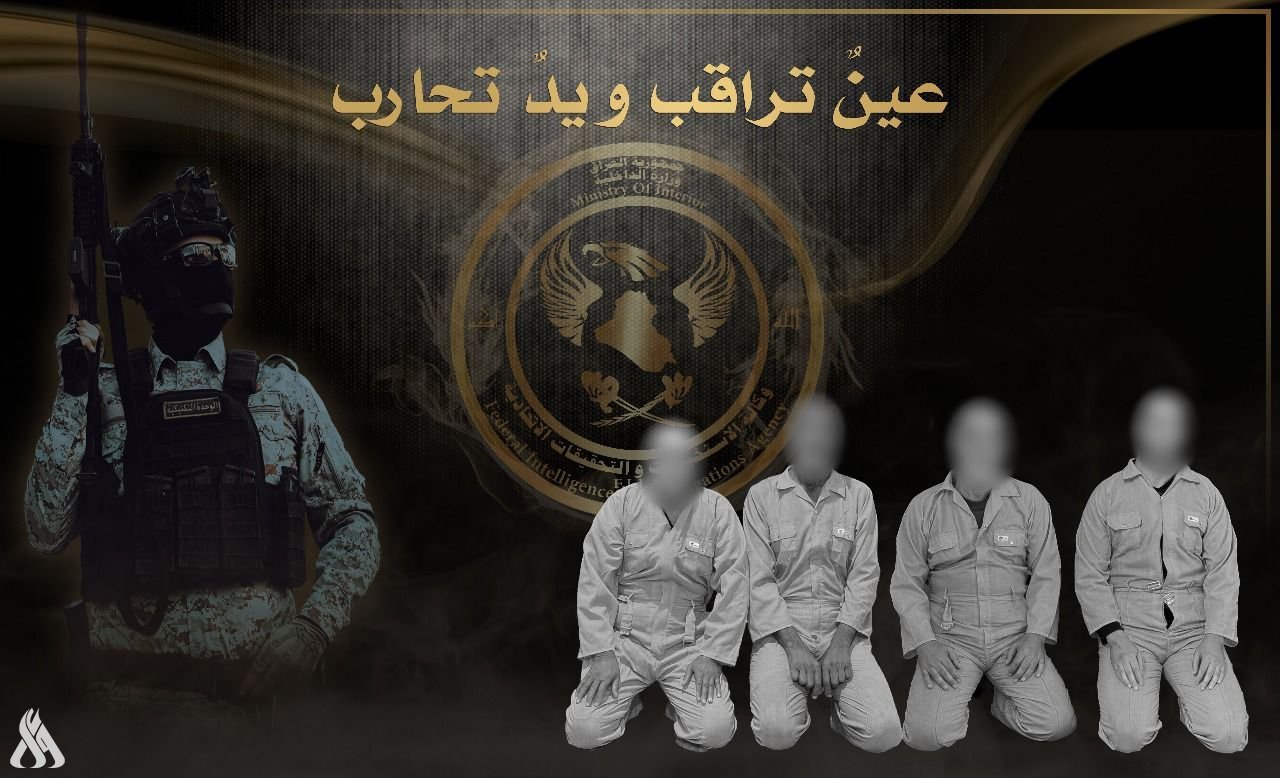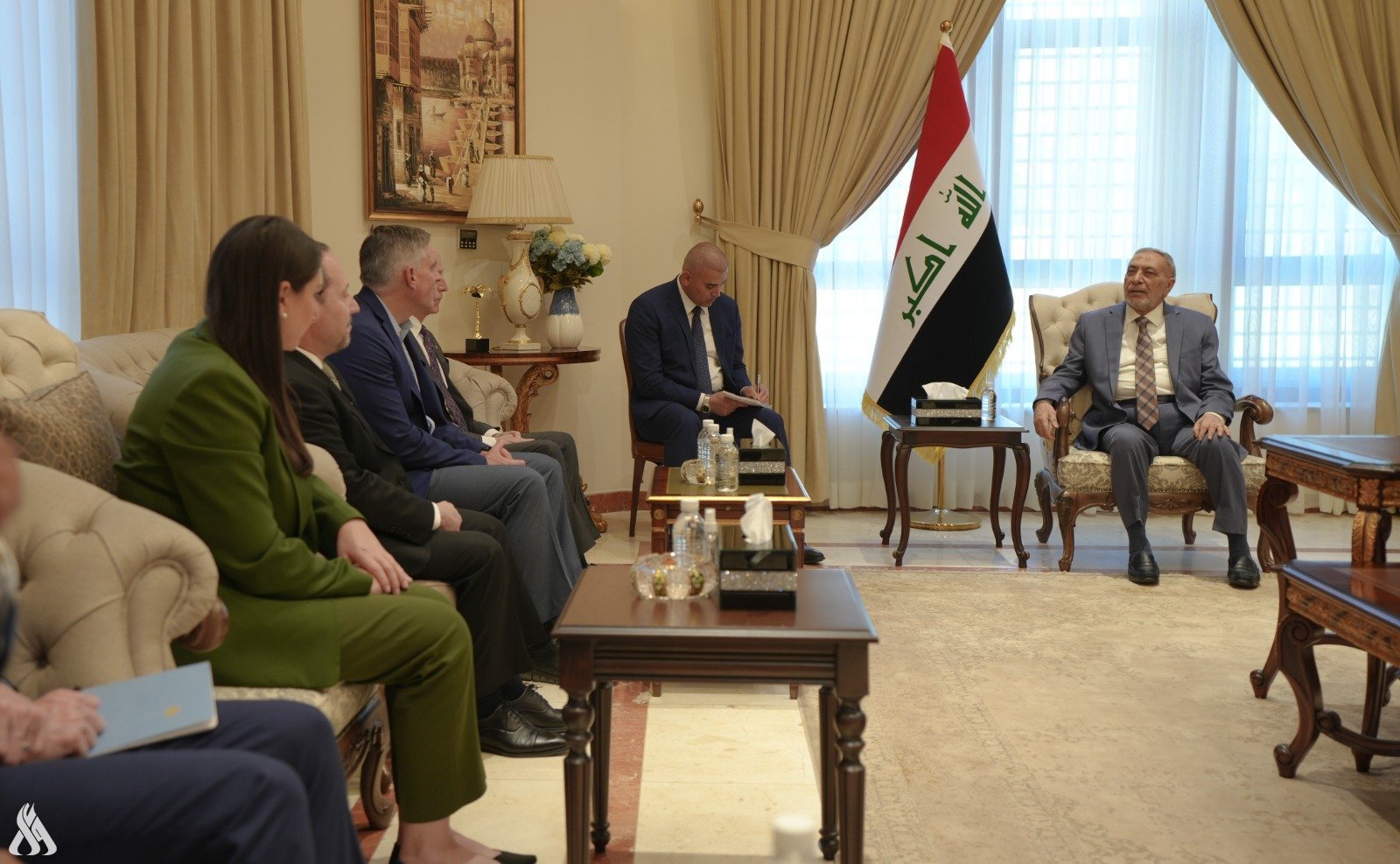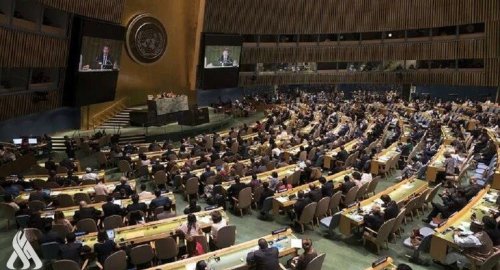
Over 100 world leaders to attend UN gathering in person

- 14-09-2021, 08:58
INA-sources
More than 100 heads of state and government are planning to attend the U.N. General Assembly’s annual gathering of world leaders in person next week, including U.S. President Joe Biden, King Abdullah II of Jordan and the presidents of Brazil and Venezuela, according to the latest speakers list.
The prime ministers of Japan, India and the United Kingdom will also be at U.N. headquarters to deliver their country’s speech to the 193-member assembly, along with Israel’s new Prime Minister Naftali Bennett and Palestinian President Mahmoud Abbas. And 23 ministers are slated to speak in person as well.
Because of the ongoing COVID-19 pandemic, the U.N.’s members decided to make this year’s gathering hybrid, offering nations the possibility of sending leaders to New York in person or making prerecorded statements to be shown in the assembly chamber, as virtually all countries did last year.
Many diplomats and leaders have complained publicly that virtual meetings cannot substitute for in-person one-to-one or group contacts to tackle regional and global challenges and crises.
The high number of leaders planning to attend in person -- 73 heads of state and 31 heads of government -- reflects the importance of the annual U.N. gathering, officially called the General Debate, and its role in diplomacy. While all countries speak publicly in the assembly, a lot of the world’s business gets discussed at private meetings, lunches and dinners on the sidelines.
Among those delivering prerecorded statements this year will be the presidents of Iran, Egypt, France, Indonesia, South Africa and Zimbabwe.
The high-level week begins Sept. 20 with a closed meeting on climate change between Secretary-General Antonio Guterres and world leaders. He will deliver his state of the world address at the following day’s opening of the global gathering, officially called the General Debate, followed by in-person speeches by Brazil’s President Jair Bolsonaro, Biden and .about three dozen other leaders.
The last scheduled speakers on Sept. 27 are from the delegations of North Korea, Myanmar, Guinea and Afghanistan.
The credentials of Myanmar’s current ambassador, from the country’s ousted democratic government, are being challenged by the military junta, but diplomats say it’s unlikely that challenge will be heard before high-level week by the General Assembly’s Credentials Committee. Afghanistan’s new Taliban rulers have not yet submitted a letter challenging the credentials of the previous government’s ambassador, and neither have the leaders of the recent coup in Guinea.
Source: AP
The Speaker of the Arab Parliament arrives in Baghdad
- politics
- 04:30
PM Al-Sudani offers condolences on death of writer Jumaa al-Lami
- Culture and art
- 02:54
Duhok of Iraq and Qadsia of Kuwait match kicks off
- Sport
- 25/04/15
Four Daesh terrorists detained in Salahuddin
- Security
- 25/04/14
Two ISIS hideouts destroyed, killing those inside in Salah al-Din
- Security
- 25/04/13
